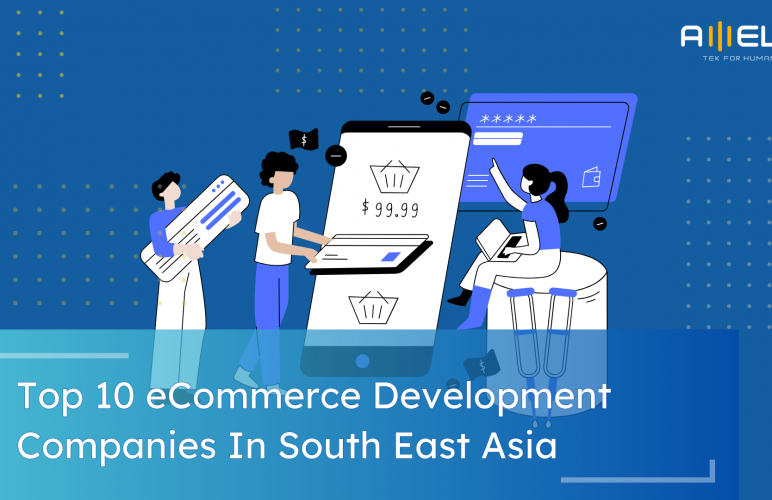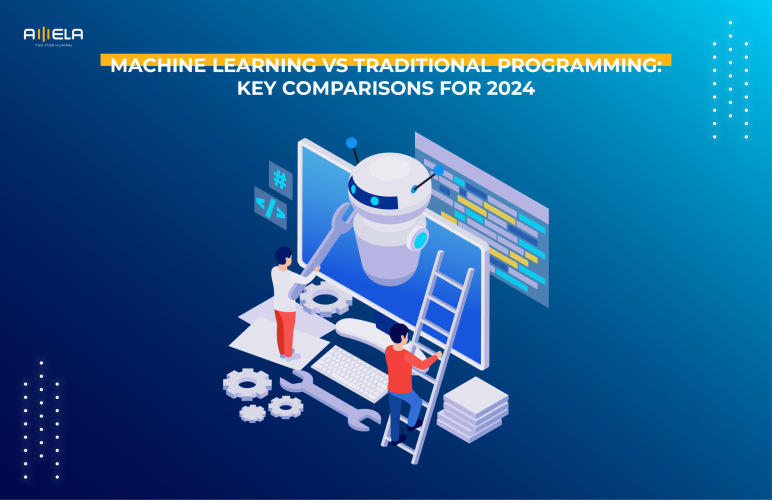
Angular Web App Development Cost Breakdown and Saving Tips
Let’s be real — figuring out your Angular web app development cost can feel like trying to guess the weather a month ahead. You know what you want to build,...
View detail







